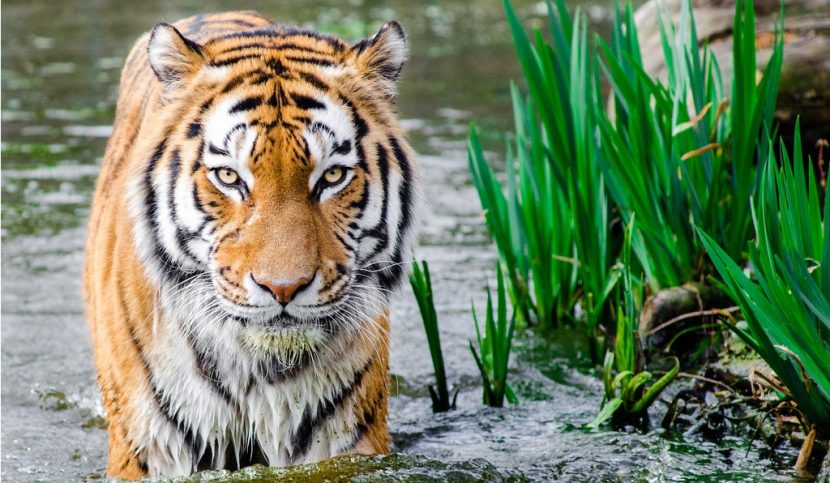By Elyas Harris.
Given the recent and ongoing celebration of #Wildlifeday on March 3rd, we saw lots of stories on wildlife with a big emphasis on Big Cats. Wildlife is vital for the planet’s health, and its massively under threat by anthropogenic (human) activities and climate change. Beyond our destruction of pristine forests and biodiversity which took the earth millions of years to create, climate change is also affecting ecosystems in their entirety. Even hardy bacteria and microorganisms may fail to adapt to the brisk changes we have introduced into the planet (remember the planet exists for over 4.5 billion years… yet humans have only been around a mere 200,000 years!). Effects will transcend up the food chain and organisms will start dying off because of a lack of capacity to adapt. This is sad and we are already in the presence of a massive extinction of species.
The circle of life is the most valuable inheritance we have received as a human species and it is up to us to conserve and protect it or simply see it slowly diminish into oblivion…
If we look at the interdependence of species within ecosystems and earth’s delicate balance, then we ought to take action for our own sake. The links between healthy ecosystems, biodiversity and human health have been studied in depth, but are sometimes not that evident. For example, Bengal tigers numbers are dropping rapidly. The reason for this is that tigers rely on mangroves which are diminishing due to pollution, deforestation, climate change, and industries such as shrimping and tourism. The mangroves are the feeding and breeding place of the tigers, and tigers are a key species in this ecosystem. Besides their inherent beauty, we might feel ambivalent to the importance of species like the Bengal tiger to human well being. However, mangroves do help humans, they are natural flood walls, they absorb extra water as well as stop sediment and sand from eroding. Mangroves also capture carbon and generate oxygen for us to breathe, but they can only continue to thrive in balance within their ecosystem’s broad biological diversity which includes Bengal tigers and other predators. The circle of life is the most valuable inheritance we have received as a human species and it is up to us to conserve and protect it or simply see it slowly diminish into oblivion…
#HappyWildLifeDay


